1. “Stayin’ Alive” – Bee Gees (1977)
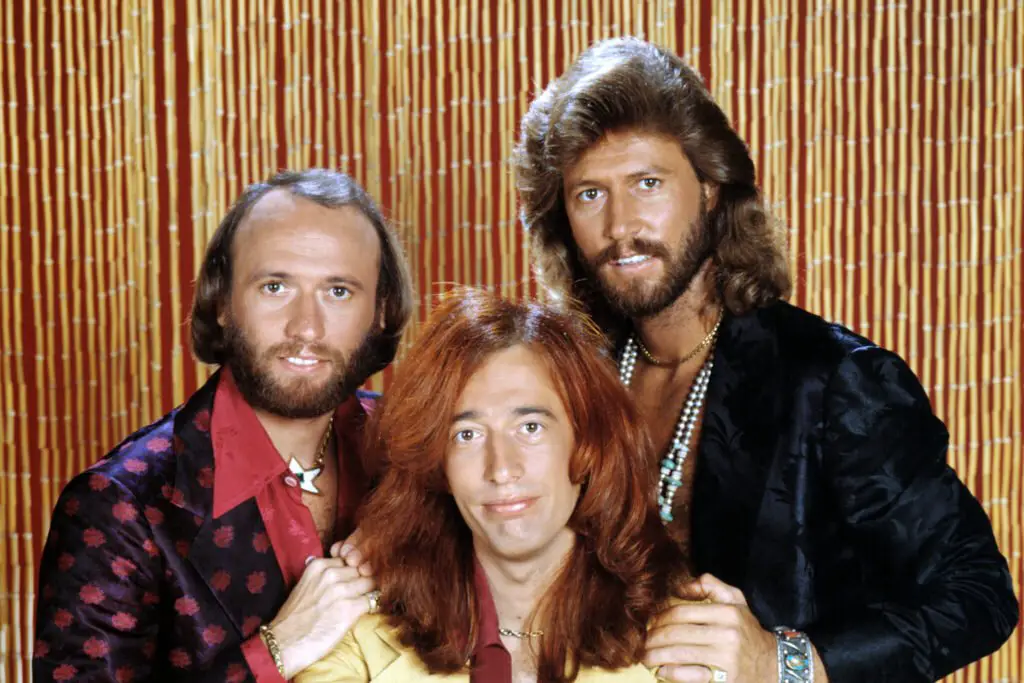
The Bee Gees’ “Stayin’ Alive” didn’t just define disco; it became the anthem of an era. With its upbeat tempo and infectious rhythm, it pushed the boundaries of dance music, blending pop and funk in a way that was fresh and exciting. The iconic bassline and falsetto vocals set a precedent for how disco could evolve and be fused with other genres. It was more than just a hit; it shaped the sound of the late ’70s and provided a blueprint for dance-pop in the decades that followed.
Beyond its catchy beat, “Stayin’ Alive” also left an imprint on the cultural landscape, influencing future music videos, performances, and fashion. Disco’s influence can be heard in everything from house to pop music today. The track’s enduring popularity, thanks to movies like Saturday Night Fever, is proof of its timeless appeal. It’s clear that without this hit, the disco era—and perhaps the entire ’80s dance scene—might have looked very different.
2. “Superstition” – Stevie Wonder (1972)
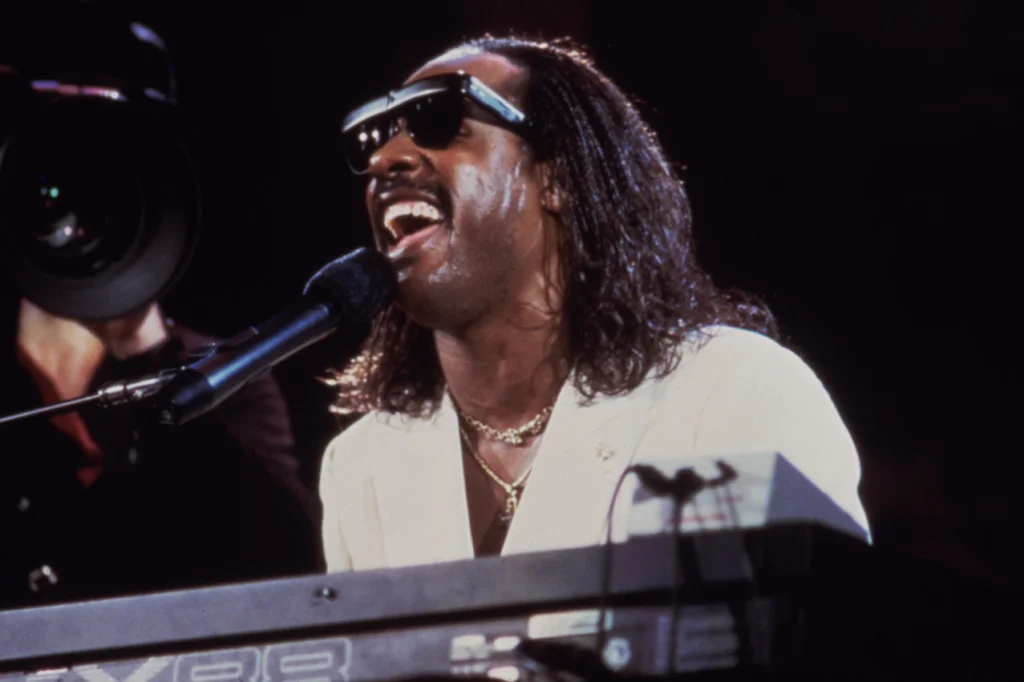
Stevie Wonder’s “Superstition” was a game-changer in the world of soul, blending elements of funk, jazz, and rock to create a unique sound that still resonates today. The track’s driving clavinet riff and funky bassline helped carve out the space for future soul and funk artists to experiment with the genre. Wonder’s ability to infuse a social message into a danceable tune also set a standard for later artists who aimed to make music that was both thought-provoking and entertaining.
What made “Superstition” so influential wasn’t just the music; it was the way it opened doors for future generations of musicians to play with genre-bending ideas. Artists like Prince, Michael Jackson, and even contemporary acts like Bruno Mars have cited Stevie Wonder as a major influence in their sound. His ability to fuse deep groove with socially aware lyrics made “Superstition” more than just a chart-topping song—it was a revolution in the making.
3. “Dream On” – Aerosmith (1973)
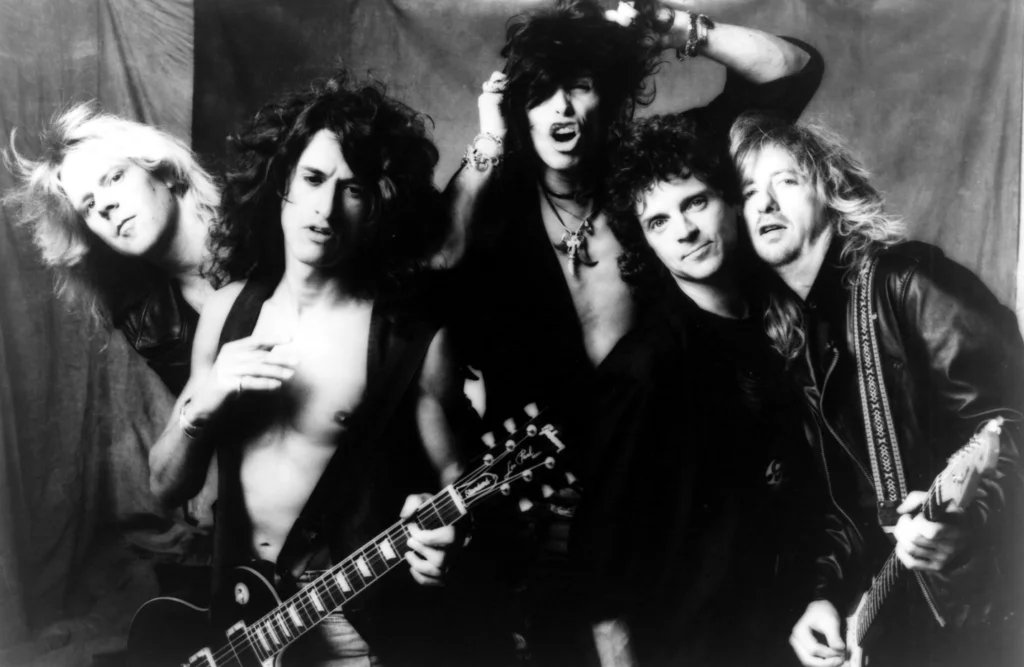
Aerosmith’s “Dream On” marked the arrival of hard rock with a distinct, emotionally charged twist. The song’s blend of orchestral elements and rock riffs laid the groundwork for the power ballads that would dominate the ’80s. Its soaring vocals, combined with the brooding atmosphere, made it an iconic anthem for both rock purists and mainstream audiences. As one of the first songs to incorporate both rock and orchestral elements so seamlessly, “Dream On” opened the door for future artists to experiment with grander musical compositions in rock.
What makes “Dream On” stand out is the way it captured both vulnerability and strength—traits that would become staples of the power ballad genre. This single helped pave the way for bands like Queen and later Bon Jovi to create songs that were equally emotional as they were anthemic. The blend of hard rock and a melodic, emotional core became a signature sound for many bands throughout the ’80s and beyond.
4. “Rapper’s Delight” – The Sugarhill Gang (1979)
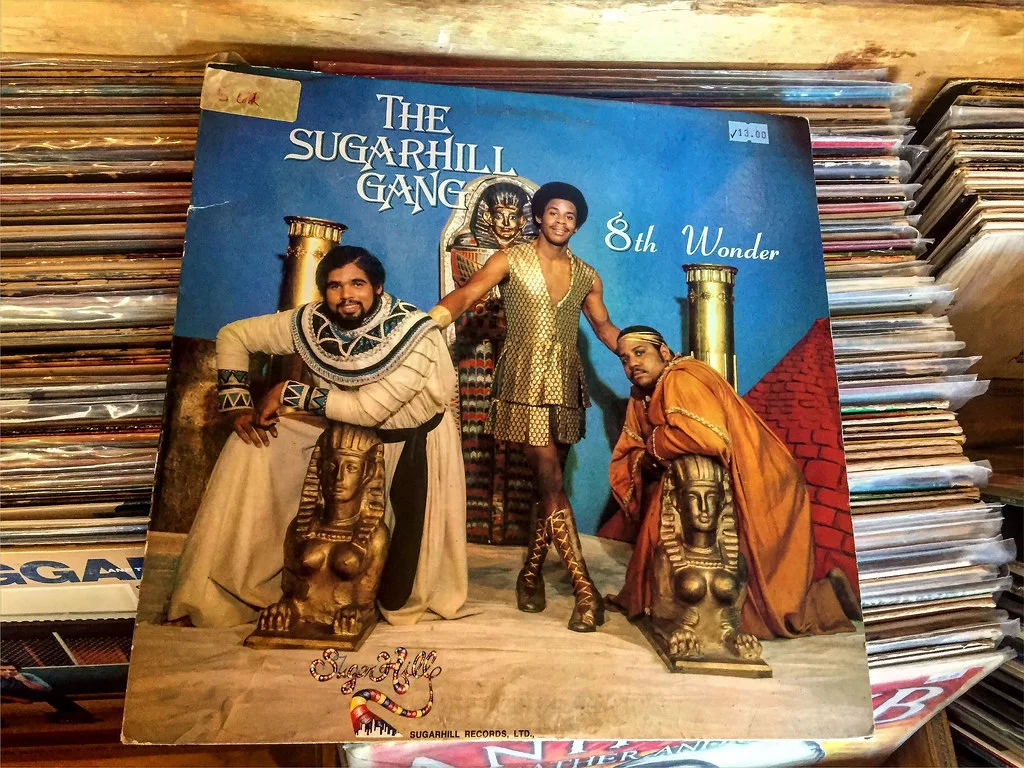
The Sugarhill Gang’s “Rapper’s Delight” is often credited with bringing hip-hop into the mainstream, and for good reason. While hip-hop had been bubbling under the surface in New York’s Bronx neighborhood, this track made the genre accessible to a wider audience. Its catchy beat, paired with the rhythmic flow of the rapped verses, was a breakthrough moment for the genre. It introduced rap to the radio waves, showing that it wasn’t just a street art form but a style of music that could go global.
Beyond its commercial success, “Rapper’s Delight” set the stage for every rap and hip-hop artist that followed. It inspired countless future stars, including LL Cool J, Run-D.M.C., and even artists like Eminem, who all credit the song with helping to make rap a force in music. The song’s playful attitude and catchy hook made it a cultural moment that was only the beginning of rap’s evolution.
5. “American Pie” – Don McLean (1971)
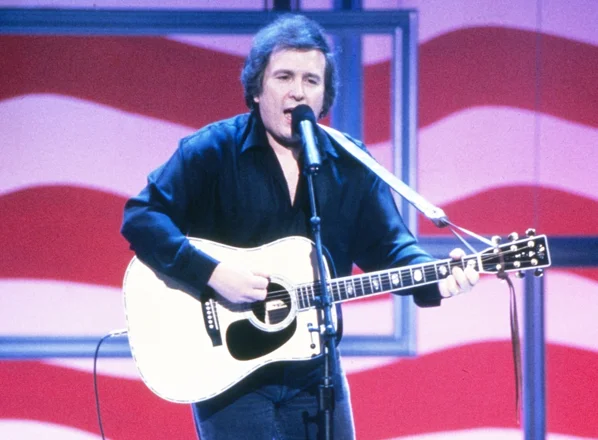
Don McLean’s “American Pie” is more than just a song—it’s a cultural statement that captured the tumult of the ’60s and early ’70s in America. Its poetic lyrics, full of allegory and metaphor, told a story of lost innocence and the changing social landscape of the country. The song’s nostalgic tone and storytelling prowess influenced countless singer-songwriters who came after McLean, especially in the folk-rock and Americana genres. The iconic line “the day the music died” continues to reverberate in pop culture, marking a moment that seemed to signal the end of an era.
While “American Pie” was primarily a folk ballad, it was also a bridge between the 1960s counterculture and the more mainstream music that would define the ’70s. The song’s lasting influence on storytelling in popular music, especially within folk and rock, is undeniable. McLean’s ability to blend personal reflection with broader cultural shifts gave rise to a wave of artists who sought to tell their own stories through a similar mix of folk, rock, and introspection.
6. “Hotel California” – The Eagles (1976)
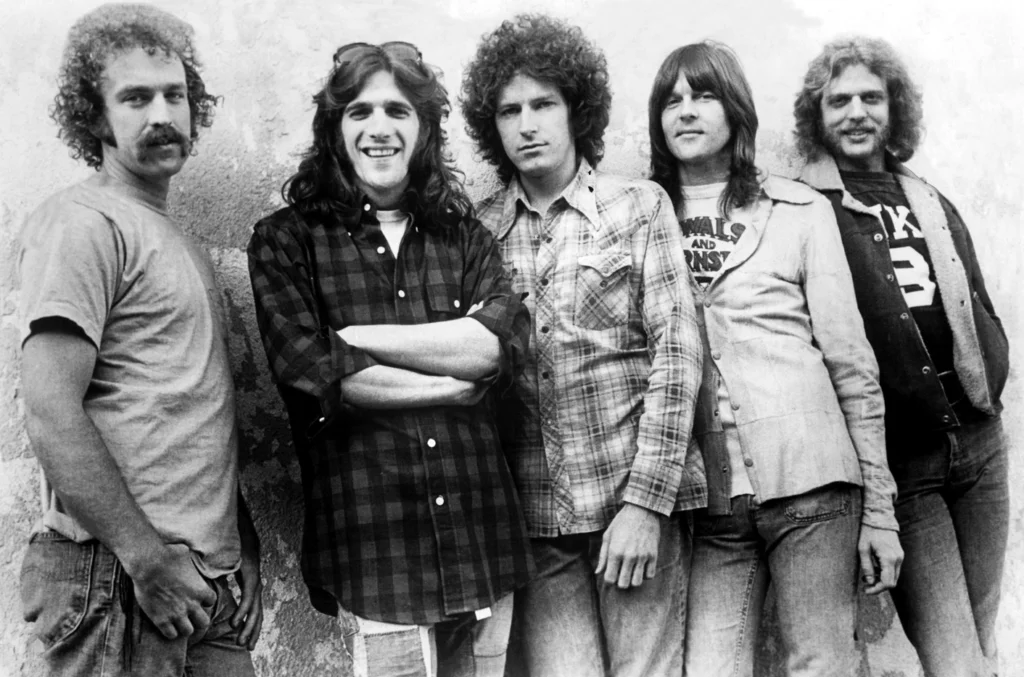
The Eagles’ “Hotel California” epitomized the smooth, atmospheric rock that was so popular in the ’70s, combining elements of folk rock, jazz, and hard rock to create a haunting yet beautiful track. Its intricate guitar solos and cryptic lyrics helped define the sound of an entire generation, pushing the boundaries of what rock music could be. The song’s blend of catchy hooks and deep introspection set the tone for future rock artists to embrace complexity without losing mainstream appeal.
“Hotel California” became more than just a song—it became a symbol of the excesses of the ’70s. Its timeless appeal, particularly in the rock genre, influenced everything from the alternative rock movement of the ’90s to modern-day artists like The Black Keys. The track remains a touchstone for anyone trying to blend classic rock with introspective, poetic lyrics, making it a pillar of music history.


